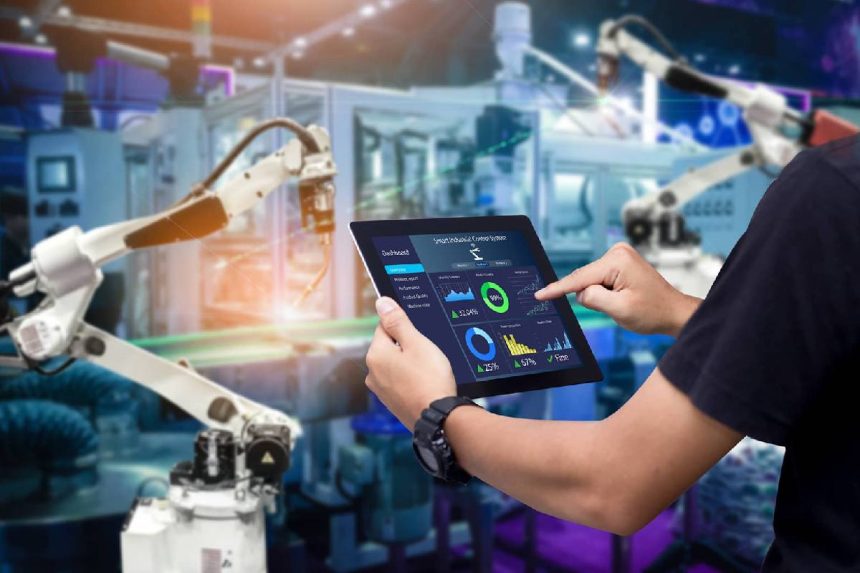It is recognized that the manufacturing industry relies heavily on various technologies. Most people will be familiar with the image of a car production plant. A wide range of manufacturing processes will occur, and a diverse range of technology will be required to accomplish them.
For example, robotic arms are commonly used to undertake cutting, welding, and engraving tasks to an extremely high degree of accuracy and consistency that human workers couldn’t achieve.
In fact, across all types of manufacturing industry, the latest technology, along with older pieces of technology are used daily to create the consumer and business goods that we have today. In this article, three distinct benefits of technology in the manufacturing industry will be explored and discussed.
Safe and effective processes
There are a wide range of processes that need to take place within the manufacturing industry and the use of technology is an integral way of making these processes safe and effective. For example, it’s common in manufacturing to need to heat materials consistently and safely to predefined temperatures. In some circumstances, manufacturing firms will use heat guns to achieve this, such as those supplied by hotairtools.com as they provide a reliable way to heat materials to a predefined temperature.
In other circumstances, the use of robotic technology allows tasks to be undertaken without the need for human interaction. Drones are increasingly being used to monitor and survey manufacturing plants. They reduce the need for human workers to undertake inspections whilst working at height or being in the vicinity of hazardous chemicals or potentially dangerous processes.
Improved efficiency
One key benefit of a wide range of technology within the manufacturing sector is that it offers significant gains to be made to a plant’s efficiency. Production lines are created that feature a range of technology and machines that can automate a wide range of processes and manufacturing steps.
Modern technology in manufacturing is also designed to be highly resilient and can function for extended periods of time without needing to be maintained or repaired. This allows a manufacturing firm to run production lines efficiently with minimal down time. As such, the unit costs in production can be lowered which leads to improved profit margins for the manufacturer.
Accuracy in design
As a final point, a key benefit of technology is the accuracy it provides when undertaking a range of tasks. For example, laser engraving technology allows designs, logos, and etching work to be carried out quickly and to exact standards every time. Often, this technology is coupled with a CAD workstation to design the engraving layout and it enables accurate work to be carried out at speed.
Heating technology can be used to ensure that materials reach exact temperatures every time, which can be vital in a range of industries such as the chemical industry and in computer production. Put simply, many manufacturing tasks require high levels of accuracy or involve increasingly intricate work that simply can’t be achieved by a human workforce to the speed that machines and technology can accomplish it.


